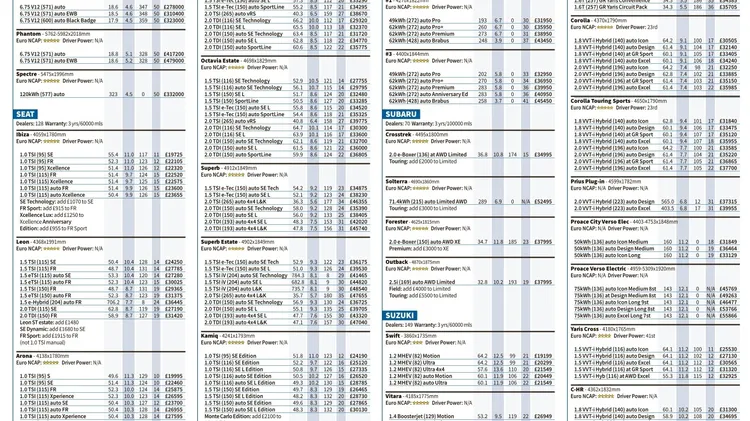Drivers warned that emission limits “grey area” could resu
Legal fears over sport exhausts
4 min read
This article is from...
Read this article and 8000+ more magazines and newspapers on Readly






